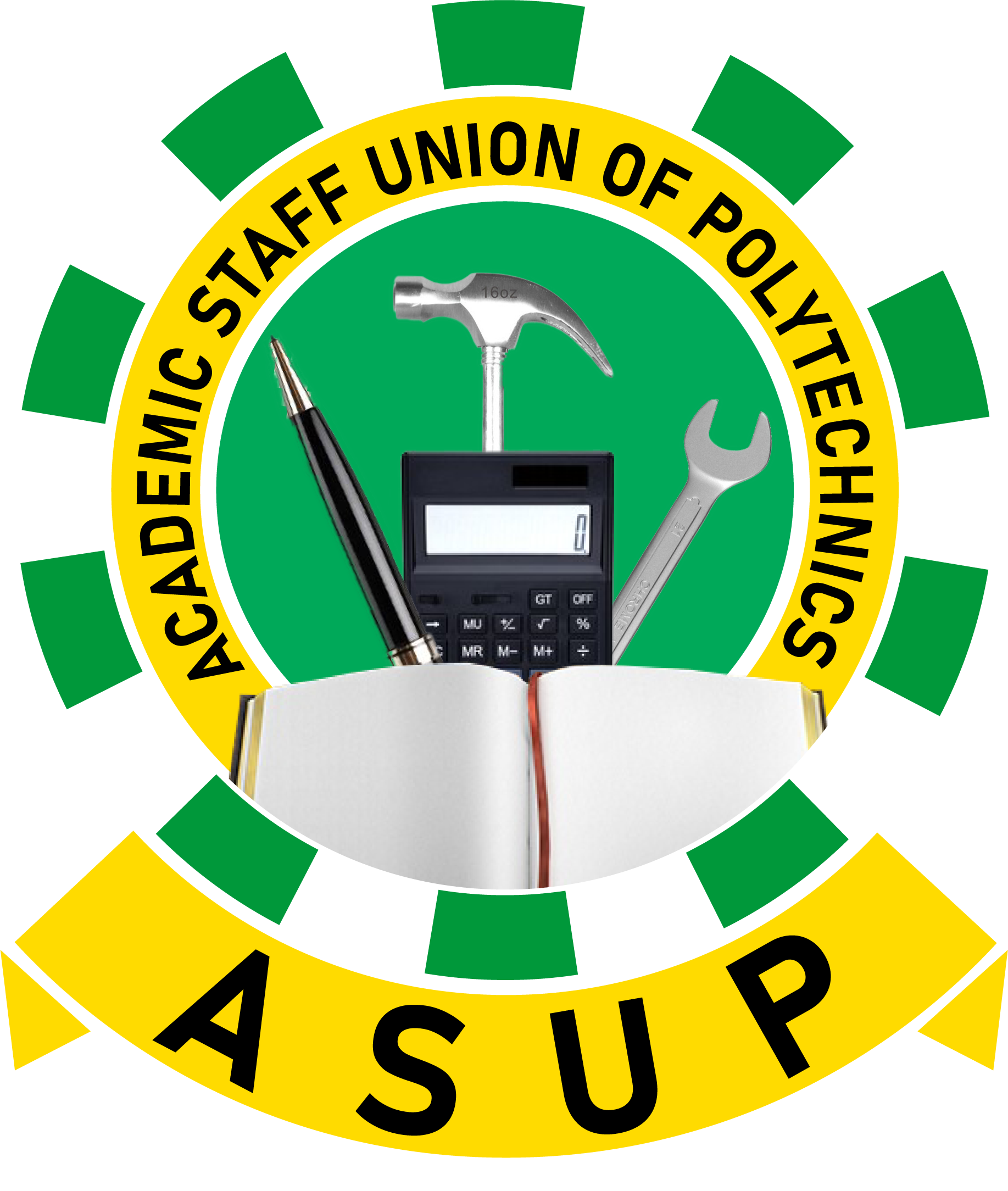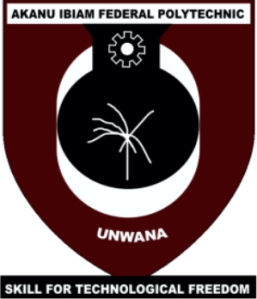

- ISSN: 2814 – 2802
- +234 0803 482 2346
- services@ajikt.org
HARNESSING INFORMATION PRODUCTS FOR SELF-EMPLOYMENT, MICRO AND MACRO DEVELOPMENTS BY POLYTECHNIC LIBRARY AND INFORMATION SCIENCE GRADUATES IN NIGERIA
Abstract
Tackling the prolong unemployment and underemployment situations in Nigeria prompted some programmes and interventions; one it is self-employment backed by entrepreneurship study and skills acquisition. Library and information students are taught those skills and for a long time still remain unemployed and underemployed. It has become a clarion call for librarianship professionals to become involved, instigate and show their graduates to discipline-based and information-related self-employment opportunities to take advantage of the short-term and long-term entrepreneurial goals of creating job for self and others, even in other sectors of the economy. Three specific research objectives and questions guided this study, relevant literature reviewed, quantitative methods and techniques used which called for the use of descriptive survey design. The population was about 200 HND II graduates of Library and Information Science Department, Federal Polytechnic Offa, Kwara State, Nigeria. The sample was 110 and simple random technique was used. The data gathering instrument used was well-structured and standardized questionnaire. Procedure for administration was face to face and free-floating so that everyone qualified was given questionnaire. Data gathered were analyzed manually by the researcher and few assistants using simple average of the Likert. The findings showed that majority of the respondents know the various types of information products to a level that is statistically acceptable, a little bit higher than they did with knowing their contents; though acceptable statistically. As well they can develop the products to a statistically acceptable level but not as they did with other two key questions. Appropriate recommendations were given with emphasis on development and implementation of functional curriculum to enable library and information science graduates tap the benefits of the economies created by information, knowledge and digital assets with information products.